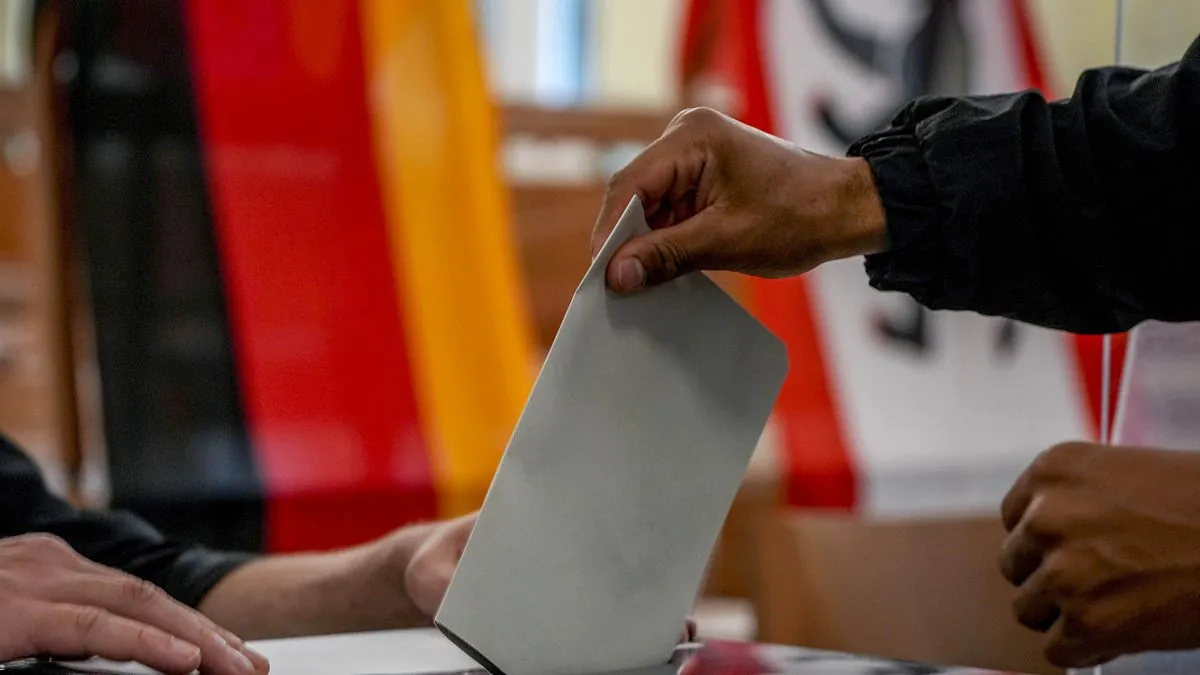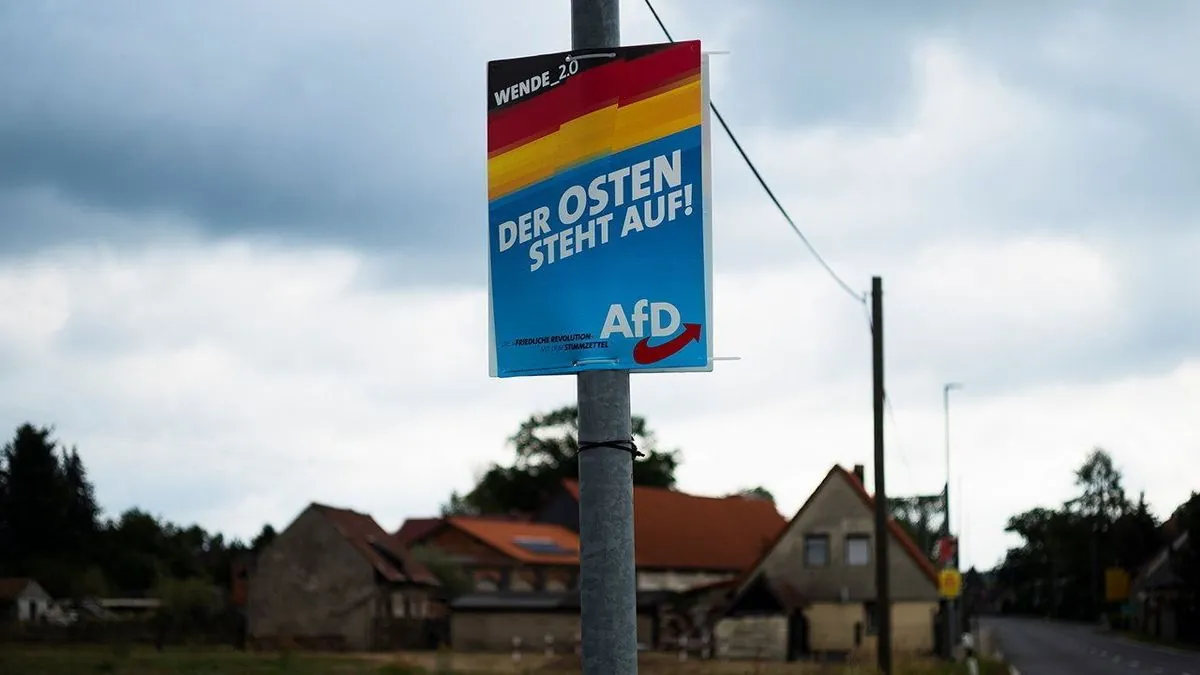Far-Right AfD Poised for Potential Breakthrough in Eastern German Elections
Two eastern German states prepare for crucial elections, with the far-right AfD eyeing historic gains. The vote could reshape regional politics and challenge Chancellor Scholz's coalition.

On September 3, 2024, approximately 5 million voters in the eastern German states of Saxony and Thuringia will head to the polls in a pivotal election that could reshape the political landscape. The far-right Alternative for Germany (AfD) party is poised for a potential breakthrough, aiming to become the strongest party in these regions for the first time since its founding in 2013.
The elections are being closely monitored in Berlin, as Chancellor Olaf Scholz's governing coalition faces significant challenges. The three parties in the national government—the Social Democrats (SPD), Greens, and Free Democrats (FDP)—are at risk of falling below the 5% threshold required to maintain representation in the state legislatures. This threshold, introduced in 1949, has long been a cornerstone of Germany's electoral system.
The AfD, known for its anti-immigration stance, has seen its support surge to around 30% in both states. Alice Weidel, a national co-leader of the party, has described these elections as "an important milestone" for the upcoming national parliamentary election in September 2025. However, the party's path to governance remains uncertain, as other parties are reluctant to form coalitions with the AfD.
In Saxony, a state with a population of about 4 million, the Christian Democratic Union (CDU) has held power since German reunification in 1990. Incumbent governor Michael Kretschmer is banking on maintaining the CDU's dominance and keeping the AfD at bay. Meanwhile, in Thuringia, home to approximately 2.1 million people, the CDU trails the AfD in surveys but hopes to form a governing coalition under candidate Mario Voigt.

The political landscape in Thuringia is particularly complex due to the emergence of the Sahra Wagenknecht Alliance (BSW). Founded by former Left Party member Sahra Wagenknecht in 2023, the BSW combines left-wing economic policies with a skeptical stance on immigration. This new party is outperforming the Left Party, which has governed Thuringia under Bodo Ramelow.
"These elections are an important milestone for the national parliamentary election next year."
The rise of both the AfD and BSW reflects growing discontent with the national government and concerns over immigration and economic issues in the less prosperous eastern regions. The recent knife attack in Solingen, allegedly perpetrated by a Syrian extremist, has further intensified debates on immigration policies.
Foreign policy is also playing a role in these elections. Germany's position as the second-largest weapons supplier to Ukraine, after the United States, has been criticized by both the AfD and BSW. Additionally, the planned deployment of long-range missiles to Germany in 2026 has faced opposition from these parties.
As the election day approaches, the outcome remains uncertain. The results could have far-reaching implications for Germany's political landscape, potentially influencing the direction of national policies and the country's stance on key international issues.


































